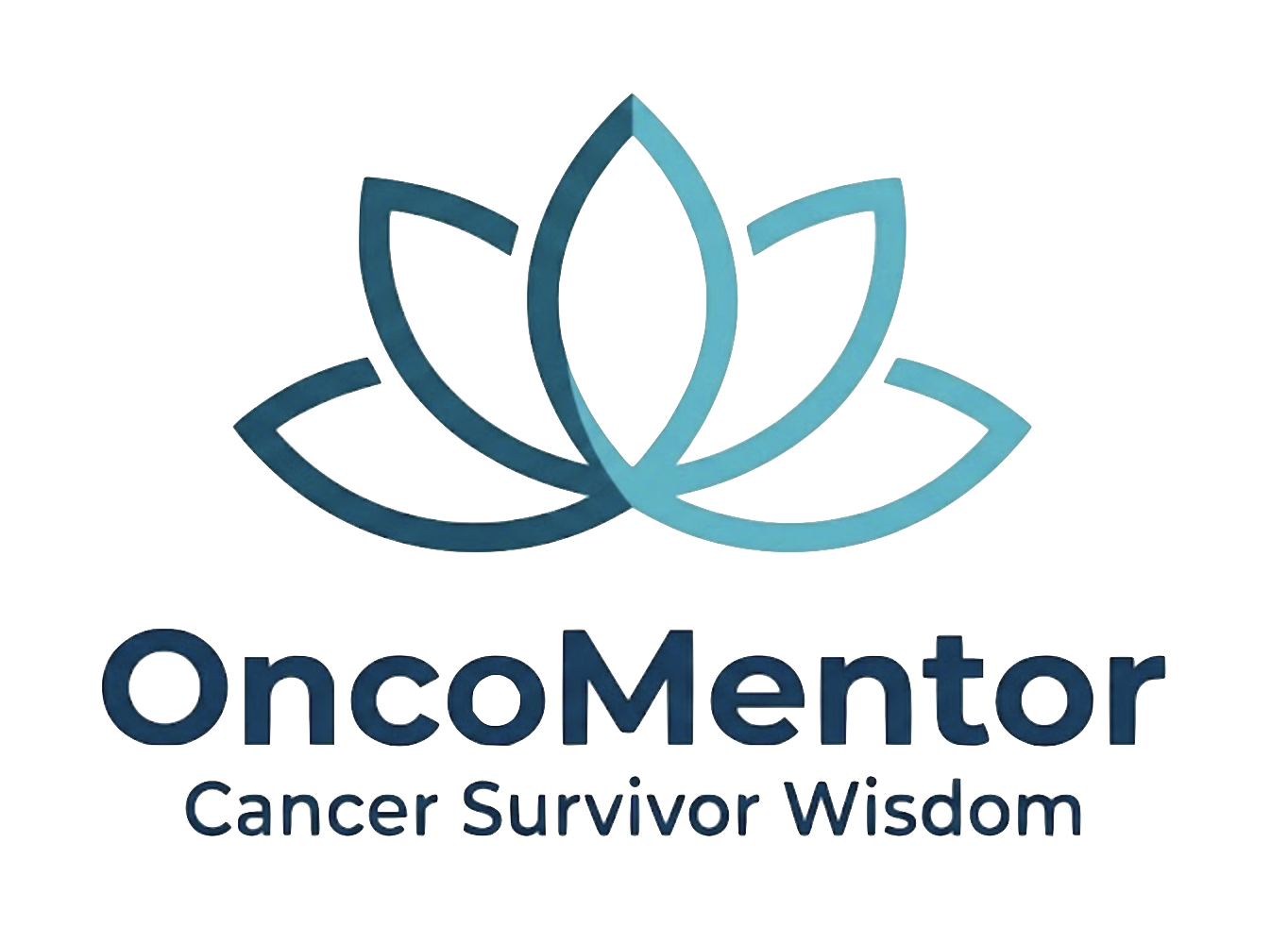For the millions of Americans navigating life after a cancer diagnosis, the path forward often involves managing long-term side effects and persistent anxiety about recurrence. The nation’s leading authority on cancer treatment has just issued a comprehensive update, framing lifestyle choices not merely as beneficial self-help measures but as an essential and formalized component of post-treatment medical strategy.
The National Comprehensive Cancer Network, widely known as the NCCN, sets clinical standards and guidelines that are adopted by oncologists and cancer centers across the United States. Its recently released Guidelines Insights: Survivorship, Version 2.2025 is intended to provide health professionals with a critical framework for the screening, evaluation, and subsequent treatment of physical and psychosocial challenges commonly experienced by survivors of adult-onset cancers.
The most recent summary published by the NCCN panel specifically clarifies and refines its recommendations across three core areas that directly influence a survivor’s quality of life and long-term health: physical activity, nutrition, and weight management. The updates underscore an organizational shift in oncology that is moving past the focus on immediate disease eradication and toward actively managing the late and long-term consequences of complex cancer therapies.
By providing detailed, evidence-based direction on how these elements should be incorporated into follow-up care, the guidelines effectively empower survivors with a clinical structure for maintaining a healthy lifestyle. This is intended to address the full spectrum of patient needs, from chronic fatigue and pain to the risk of second cancers or other chronic diseases exacerbated by treatment.
The NCCN’s goal is to offer a comprehensive framework for the coordination of survivorship care, integrating these crucial healthy lifestyle recommendations directly into the routine dialogue and documentation shared between oncology specialists and primary care providers. These latest insights represent the current professional consensus on how providers should partner with survivors to utilize exercise, diet, and weight control as ongoing tools for enhancing wellness throughout the balance of life.
This article is for informational purposes only and does not constitute medical advice. The content is not intended to be a substitute for professional medical advice, diagnosis, or treatment. Always seek the advice of your physician or another qualified health provider with any questions you may have regarding a medical condition. Never disregard professional medical advice or delay in seeking it because of something you have read in this article.
Source:https://jnccn.org/view/journals/jnccn/23/6/article-p208.xml





